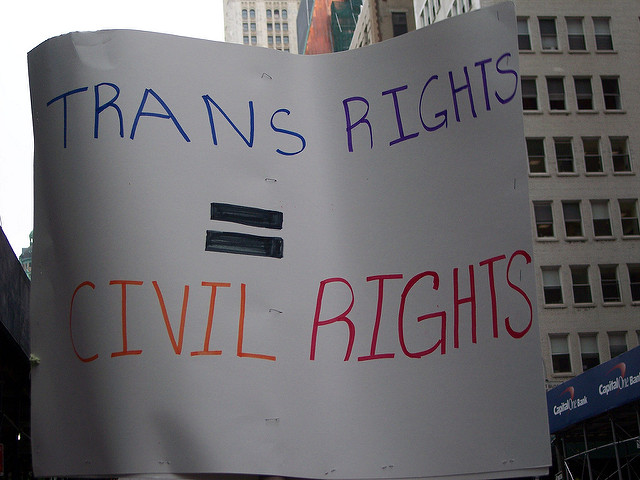Minnesota governor wants universal pre-K, but does it work?

To think that a state with a budget surplus of nearly $2 billion is on the brink of a government shutdown is ludicrous. That seems to be the case in Minnesota as Governor Mark Dayton has vetoed a number of bills that may preclude to a partial shutdown of the state’s government.
Just a few days ago, Dayton vetoed the education bill because it didn’t include a plan for universal pre-K.
Speaking to reporters, Dayton slammed lawmakers, saying that some of the Republican politicians “hate the public schools.”
Due to his veto, legislators will be called back for a special session to work out a new education budget that will likely have to include more education spending or Dayton’s plan for universal pre-K.
Dayton believes that providing pre-K to young students will contribute to a child’s overall success. But the research is mixed on what pre-K actually affords for students.
Brookings provides information on two studies that produce varied results. One shows that pre-K in New Jersey works extremely well while another conducted in by the National Head Start Impact Study “found no differences in elementary school outcomes between children who had vs. had not attended Head Start as four-year olds.”
Dayton’s plan seems to be fully paid for since the state has a pretty healthy budget surplus. But even if the results vary by state, offering free education to four-year olds before they head to kindergarten doesn’t seem like a bad idea.
It will at least give some of them the needed attention and skills prior to heading to elementary school.



